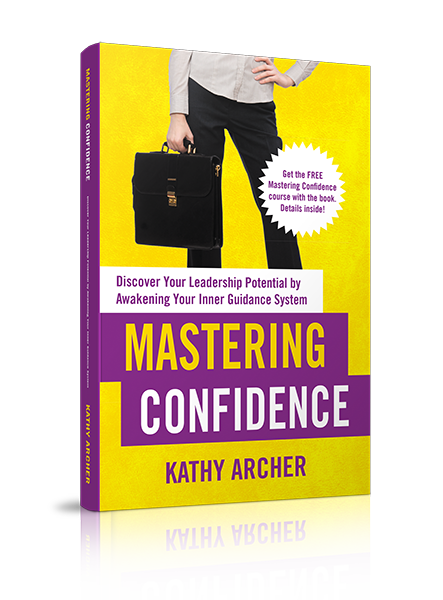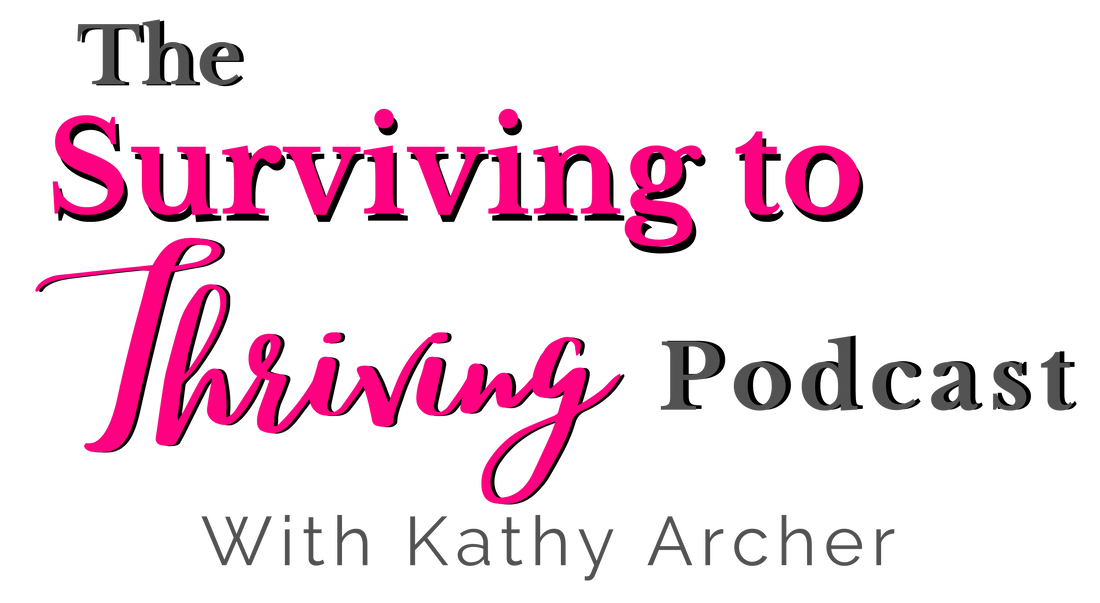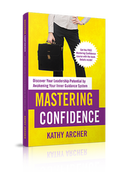|
You want to excel in leadership and make a big difference, but you feel like you spend more time chasing fires than moving to excellence. Therefore, you need a plan to ditch survival mode and move in the direction of confident, composed and impactful leadership.
Let me tell you a story to help you create your plan! Eva came to a coaching call wanting support to be a better leader. She wanted to know where to begin. Eva knew that to be an excellent leader, it was important to her to be making a difference. She wondered if she should start with building her team? Eva was also a bit worried as she was aware that an excellent leader leads with integrity, and she'd received some feedback lately that suggested her team didn't trust her. On top of all of this, Eva's board was pushing her to grow in the sector. The lay of the land was changing rapidly, and the board was worried about the program's long-term sustainability. Eva needed to shore up her understanding of the political scope, new research and changes in reporting. Where do I start? Eva asked. It's so overwhelming! Catching courage! After acknowledging many leaders feel very overwhelmed (maybe you do too!) I encouraged Eva to pause and acknowledge her courage to ask for help and take steps to develop her leadership. It's tough to look hard at yourself and then do the work to develop areas. It takes courage, vulnerability, grit and time! Reaching out and asking for help is something many leaders resist. They think it implies weakness. So instead, I explained to Eva that it's a sign of incredible strength and confidence! Completing the Assessment Next, I explained to Eva that we would start by assessing leadership competencies to get a clearer sense of where to begin. When everything is muddled together, and we are in reactionary mode, we keep putting out fires. Slowing down and intentionally assessing skills and developmental areas helps clarify the underlying challenges, what strengths we need to shine a light on more and thus, and where to begin. As we know, it's essential to have a strong team. So I asked Eva some questions to help her look at her skills to identify where she may need to grow. Of course, you can do this too!
If any of those made you cringe or a bit anxious, perhaps those are areas to start. Eva knew she needed to look at how she was mentoring her team members. It was an area she felt she lagged in. As Eva identified her board wanted her to understand the sector better, we looked at the following questions. Again, you can answer these questions too.
To get a deeper understanding of where Eva landed, she and many of my students complete a full assessment from The Leadership Circle, which includes 360 feedback from their team, peers, boss, board and community. It's a very robust tool. You can try the free version where you assess yourself here. Eva's assessment came back with information that helped her narrow down what she needed to work on and how to do that. Just as she suspected, she needed to build mentoring relationships with her team to help them grow and develop. The assessment also pointed out how Eva's habit of being a perfectionist got in the way of her team feeling supported! Creating the Plan After we reviewed her assessment, the next step for Eva was to create a growth and development plan. Eva and again, many of my students develop a curriculum plan to go with their developmental goals. For example, Eva looked at how she would increase her skills in team building?
With her assessment complete and a plan in hand, Eva already felt more confident that she could not only handle all on her plate but do so with increased competence and composure. She knew that she was ready to build a team that trusted her and could adapt to changes to provide long-term client support. What's your next step? So many leaders rely on not so helpful performance appraisals that their organization does. Most of the time, it's really not helpful. It focuses on what the organization needs, not necessarily what you need. And for many leaders, this document is nonexistent! They can't remember the last time they received valuable feedback. For these reasons, I strongly encourage my students to get their own feedback and create their own plans from now on! An excellent leader takes into account all areas and continues to grow and develop in them. An excellent leader is self-aware. They take time to reflect, develop their emotional intelligence, do the work to integrate work, life and wellness and commits to ongoing personal and professional development. What are you doing to be that excellent leader? Start here Which of these do you need to work on?
Just like Eva, you'll increase your confidence and find that you are making a bigger difference when you have a plan and begin working on the plan. Do the inner work. It's worth it! If you need help to create your personalized curriculum for leadership development, start here.
0 Comments
Your comment will be posted after it is approved.
Leave a Reply. |

Available on Amazon
Archives
May 2024
|
|
Leadership TRAINING for Nonprofit Leaders
Become a confident and competent nonprofit Leader: Join The Training Library membership Executive and Leadership COACHING Leadership Coaching for Nonprofit Executives, Leaders and ManagerCoaching |
PODCAST for Nonprofit Leaders
The Surviving to Thriving podcast: Strategies, systems and support to lead your nonprofit with confidence FREE RESOURCES to Grow your Leadership Skills Free Leadership Training Resources, Worksheets and Templates |
Become a CONFIDENT LEADER
|




 RSS Feed
RSS Feed
